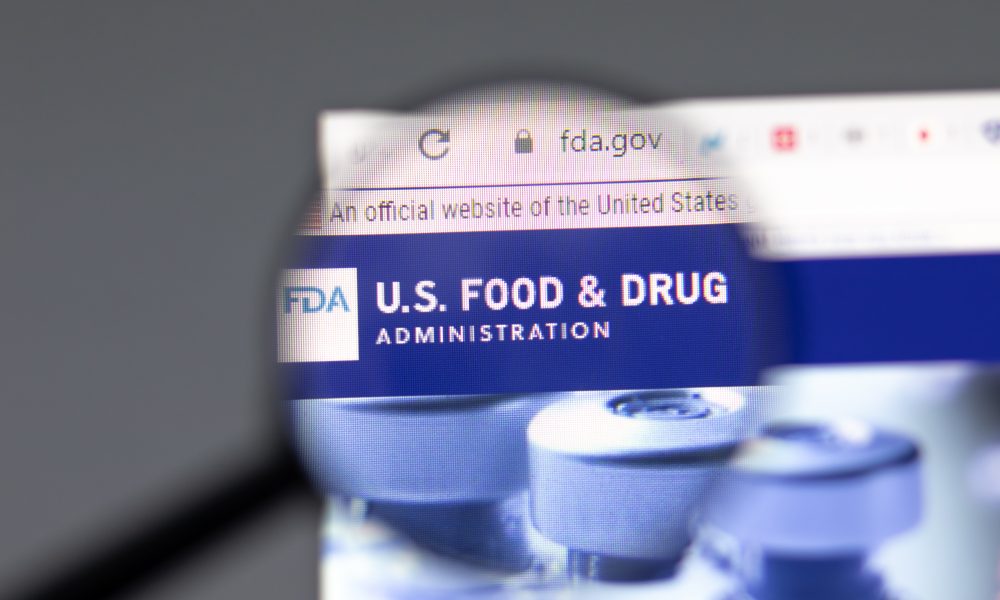
The U.S. Food and Drug Administration (FDA) has rejected Lykos Therapeutics’ New Drug Application (NDA) concerning MDMA-assisted therapy for PTSD due to data concerns, and has requested an additional Phase 3 trial to further study the therapy’s safety and efficacy.
The FDA issued a complete response letter (CRL) on 9 August stating that the therapy could not be approved based on the data submitted so far. Concerns include insufficient data to demonstrate durability, as well as concerns over expectancy bias.
The decision echoes the recommendation of an independent advisory committee not to approve the therapy back in June.
An additional Phase 3 trial has now been requested by the FDA.
Lykos Therapeutics (Formerly MAPS PBC) has stated it believes that the data included in the NDA provide sufficient evidence of efficacy and durability in line with the relevant FDA guidance, confirming that it now intends to appeal the FDA’s decision, and has requested a meeting to further discuss the agency’s recommendations for a resubmission.
Chief Executive Officer of Lykos Therapeutics, Amy Emerson, stated: “The FDA request for another study is deeply disappointing, not just for all those who dedicated their lives to this pioneering effort, but principally for the millions of Americans with PTSD, along with their loved ones, who have not seen any new treatment options in over two decades.
“While conducting another Phase 3 study would take several years, we still maintain that many of the requests that had been previously discussed with the FDA and raised at the Advisory Committee meeting can be addressed with existing data, post-approval requirements or through reference to the scientific literature.”
Founder and President of MAPS, Rick Doblin, PhD, made a statement on the response, noting that: “MAPS and our supporters have been advocating for the development and supporting the FDA-approved research of MDMA-assisted therapy for more than 38 years; MAPS will continue working towards safe, legal access to this therapy for the more than 350 million people living with PTSD worldwide.
“Our collective commitment to MDMA-assisted therapy remains unwavering. MAPS remains fully focused on supporting culturally appropriate research, rigorous science, and drug policy reform that empowers citizen advocacy in all areas of the world including those with high incidences of trauma and limited resources.”
While select patients in Canada and Australia can now access MDMA therapy for specific conditions, the news comes as a blow for the psychedelics industry and for PTSD patients in the US, as well as for over 80 US lawmakers who, earlier this month, urged Biden to allow approval of the therapy for US veterans.
Nicholas Kadysh, CEO of PharmAla Biotech, which focusses on the research, development, and manufacturing of MDXX class molecules, including MDMA, commented on the development to say: “MDMA is not only supported by a significant evidence base of published clinical trial research, but is also being actively used in patient treatments in two jurisdictions, Canada and Australia, entirely supplied by PharmAla.
“There is a growing body of evidence of its efficacy in the real world, to which we are pleased to have contributed.
“We must re-commit ourselves to ongoing research which will convince even the most sceptical regulators that this medicine is both safe and effective.”
Lykos has confirmed it will be working to address FDA’s concerns in the coming months and that it aims to take advantage of agency processes to resolve scientific disagreements. Following the requested FDA meeting, Lykos expects to provide an update on next steps for the resubmission.
Emerson continued: “Our heart breaks for the millions of military veterans, first responders, victims of sexual and domestic abuse and countless others suffering from PTSD who may now face more years without access to new treatment options.
“We intend to work tirelessly and use all available regulatory pathways to find a reasonable and expeditious path forward for patients who deserve access to midomafetamine-assisted therapy for PTSD.”




